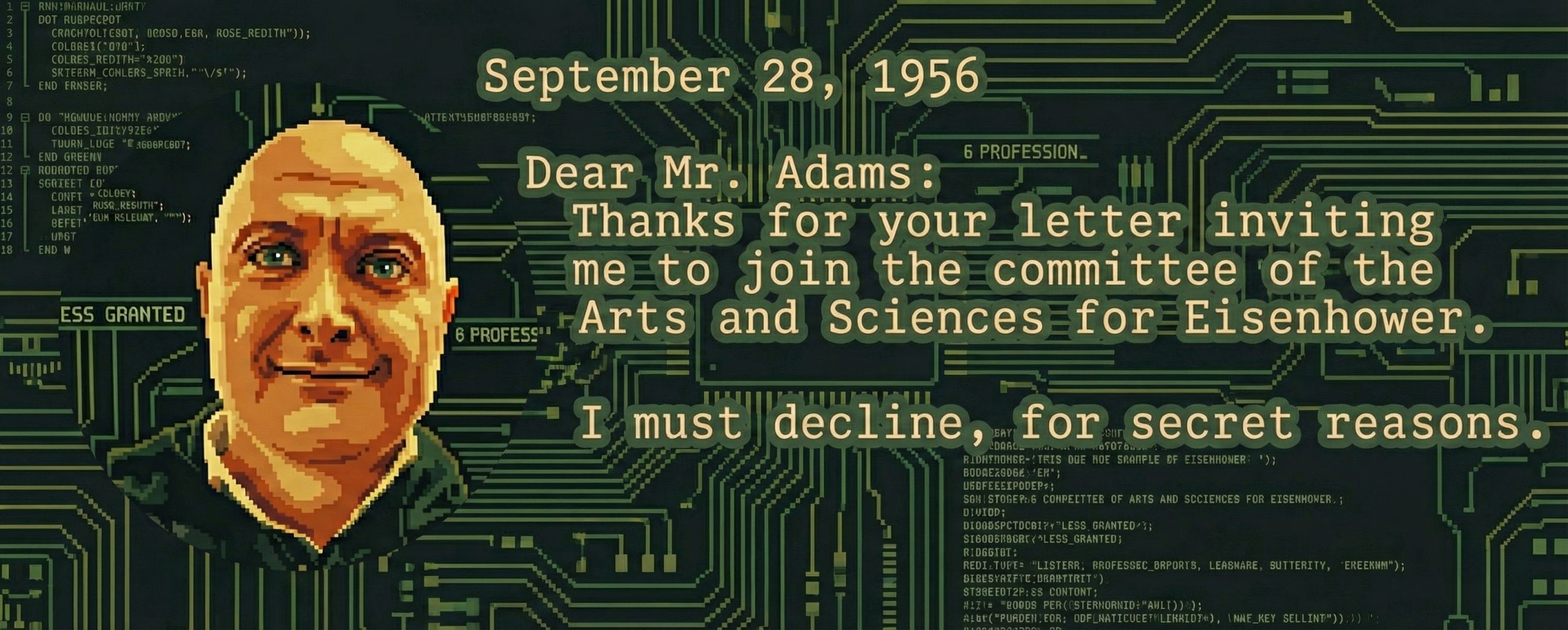The long term consequences of sanctions
I was really touched by a recent interview with the prominent economist Branko Milanović, which led me to contemplate a particular topic and reflect on one of his insightful ideas. In the interview, Milanović shared numerous thought-provoking insights, but one in particular struck me as under appreciated and not well understood. Milanović articulated the following:
“So eventually you might end up with a state which is essentially being taken over by the semi-criminal gang. I think this effect of sanctions is very important but not really studied or pointed out.”
Although the Russian economy has not suffered the predicted devastation from sanctions based on measurable parameters, the long-term effects are likely to have significant consequences.
Sanctions are not a new phenomenon and have been imposed on various countries, from Cuba and Iran to North Korea and the former Federal Republic of Yugoslavia. As someone who experienced their effects firsthand in Yugoslavia, I can attest to how they work.
Even in the strongest sanctions regime, people will still have access to all goods, even iPhones, cigars, and microchips. However, these items will not be imported by regulated companies competing in a fair market. Instead, they will be smuggled into the country through third parties by criminals with close ties to the Kremlin pricing clearly monopolistic prices. But the worst effect will not be the short term and an obvious one – higher monopolistic prices on many goods.
The problem is that for the state to function, it will have to protect these criminals and collaborate with them. The entire country will suddenly become dependent on gangs and smugglers, from the producers of sophisticated weapons to schools and kindergartens. The semi-institutionalized criminals and gang leaders are difficult to remove from power and privilege long after sanctions are lifted and the political landscape changes. This is well-demonstrated by the case of Serbia, where these same gangs assassinated a democratically elected prime minister four years after the fall of Milošević and the lifting of sanctions. Even after more than two decades, remnants of these gangs are still present in Serbian society.
